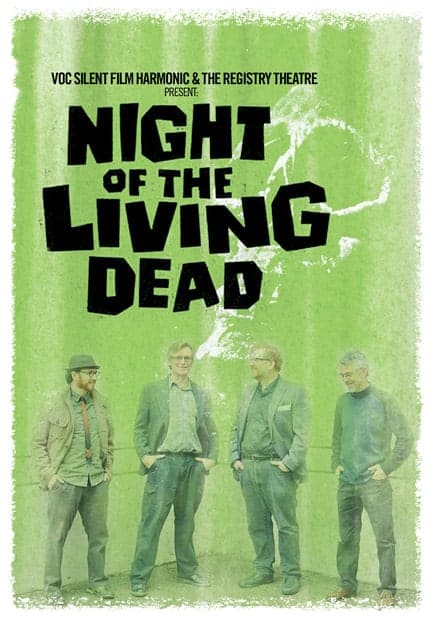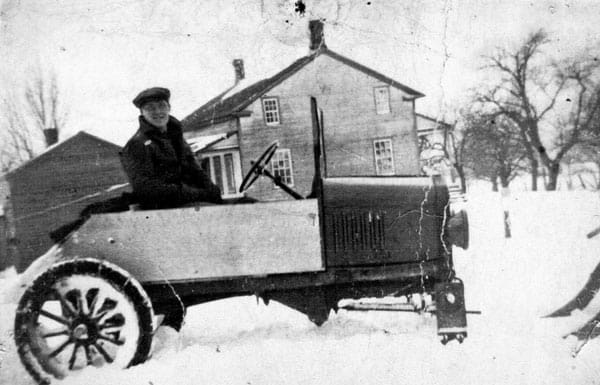;
;
;
Next Article
Live music and the living dead

Yes, it’s cold, but just picture dealing with winter in the absence of any of our modern conveniences Yes, all those Facebook statuses are accurate – it has indeed been cold lately. Perhaps you’ve seen your neighbours shivering as they fetch the mail, or heard cries of “Why hath thou forsaken me?” d
Last updated on May 04, 23
Posted on Jan 24, 14
3 min read
